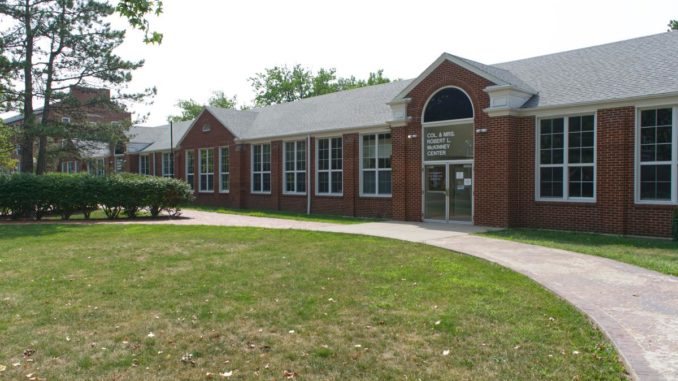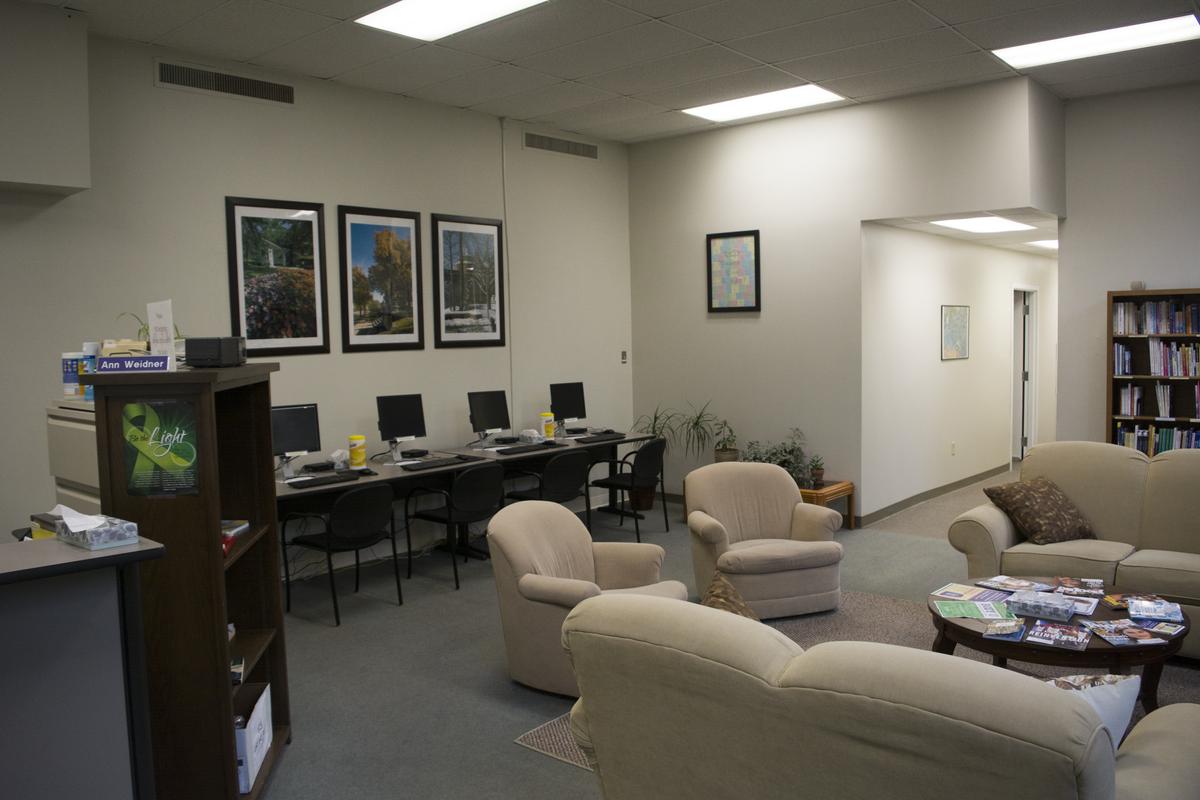
Starting March 8, Complete Family Medicine, a branch of the Hannibal Regional Healthcare System, has been overseeing operations at Truman State University’s Student Health Center and University Counseling Services.
University President Sue Thomas said the main goal of partnering with CFM was ensuring that students continue to receive quality care. She said the COVID-19 pandemic was one of the factors that led to this change.
“We started thinking that our students could have enhanced physical and mental health needs … [COVID] made us really take a very strong look at how we were doing things,” Thomas said.
One of the main concerns with the pandemic was that the previous Health Center would not have proper back-up physicians if a COVID outbreak were to occur among staff, Thomas said.
The partnership with CFM was established over several months, starting June 2020, when a committee of University representatives sent out the request for proposals. Different healthcare organizations or systems were then able to submit their proposals to be reviewed by a Truman committee.
Members of this committee included representatives from the Business Office, Janna Stoskopf, vice president for student affairs, and Brenda Higgins, retiring associate vice president for student health and wellness.
After the review process concluded and Truman decided on CFM, contracts were negotiated.
“We [are] really doing this to enhance student services, not to say that anything was horrible before … This was really a proactive step on our part as opposed to a reactive step,” Thomas said.

Dr. Jordan Palmer, family practice physician at CFM, and Andrew Fajkus, manager of outreach services at CFM, are both Truman alumni and have been active in the transition process at the Student Health Center.
As far as staffing goes, Thomas, Dr. Palmer and Fajkus said no layoffs have occurred as all Truman staff have been given the option to stay on at the Student Health Center, granted they can adhere to routine hiring procedures. Despite this, some staff did choose to leave because of the switch, Fajkus said.
Additionally, CFM will continue utilizing student workers, particularly those earning scholarship hours or employed under work study, Fajkus said. As of now, students are still able to work under institutional pay at the Student Health Center. However, students might not be able to work at the Student Health Center in the future for institutional pay, though CFM does plan on continuing to utilize students earning scholarship hours or work-study.
“The University’s kind of even going above and beyond to make sure that even the institutional students could continue working and get paid by the University institutionally,” Fajkus said. “That probably won’t be a long-term provision.”
Fajkus said, because CFM is a part of the hospital system, insurance network coverage will likely not be an issue. However, he explained that there are different payment options available to students if network coverage issues do occur.
One such option for students was a sliding scale, in which CFM pays a certain amount of the bill while the student pays the rest, the amount the student must pay is determined by income and household size. Students can find more information about the sliding scale and an application for the sliding scale at cfmcares.com/patient-resources/patient-forms.
“[Students] can get a discount automatically applied to any account balance that you have based on your income and household size,” Fajkus said.
Another option for students is same-day self-pay where students who do not have or do not want to utilize insurance could pay for their services in-office on the same day they are treated at a discounted rate.
Listen to this week’s episode of Dry Ink on this story!
Students should not expect any major changes to care and CFM will not be discontinuing any services. CFM is hoping to hire more counselors and eliminate the need for a wait list, Dr. Palmer and Fajkus said.
One of the major changes for students to note is billing at UCS. Previously, no billing was processed and the minimum fee was $10, though students would not have to pay if they were unable. The minimum fee has increased to $15 and Fajkus said students can still receive assistance if this is a financial burden to them.
Fajkus said that UCS will now be able to bill through insurance. The University is helping cover extra costs for students through the end of the Spring 2021 semester, so students shouldn’t expect to see an immediate change in cost. Students can still choose to forego providing insurance information for privacy reasons.
Thomas said one additional care option for students who utilize UCS services is the Morneau Shepell counseling. This telecounseling service can be utilized at no cost to students and features counselors who speak several different languages and come from diverse backgrounds.
With the expanded staff that CFM brought to Truman, Dr. Palmer said students will hopefully be able to more easily access services, namely UCS appointments or COVID tests.
Student Health Center hours have also been expanded; the new hours are Monday through Thursday from 9 a.m. to 7 p.m. and Friday and Saturday from 9 a.m. to 3 p.m. These hours are subject to change in the summer.
Despite the potential for positive effects, this transition has not been without issues for students. Senior Lesley Hauck said she has not had a smooth process with the transition in the Student Health Center.
Hauck’s counselor left amid the switch, and as of March 4, Truman had not reached out to Hauck to offer a reassignment of a counselor.
“In general, it’s been frustrating to not receive more affirmation from Truman about this switch,” Hauck said.
